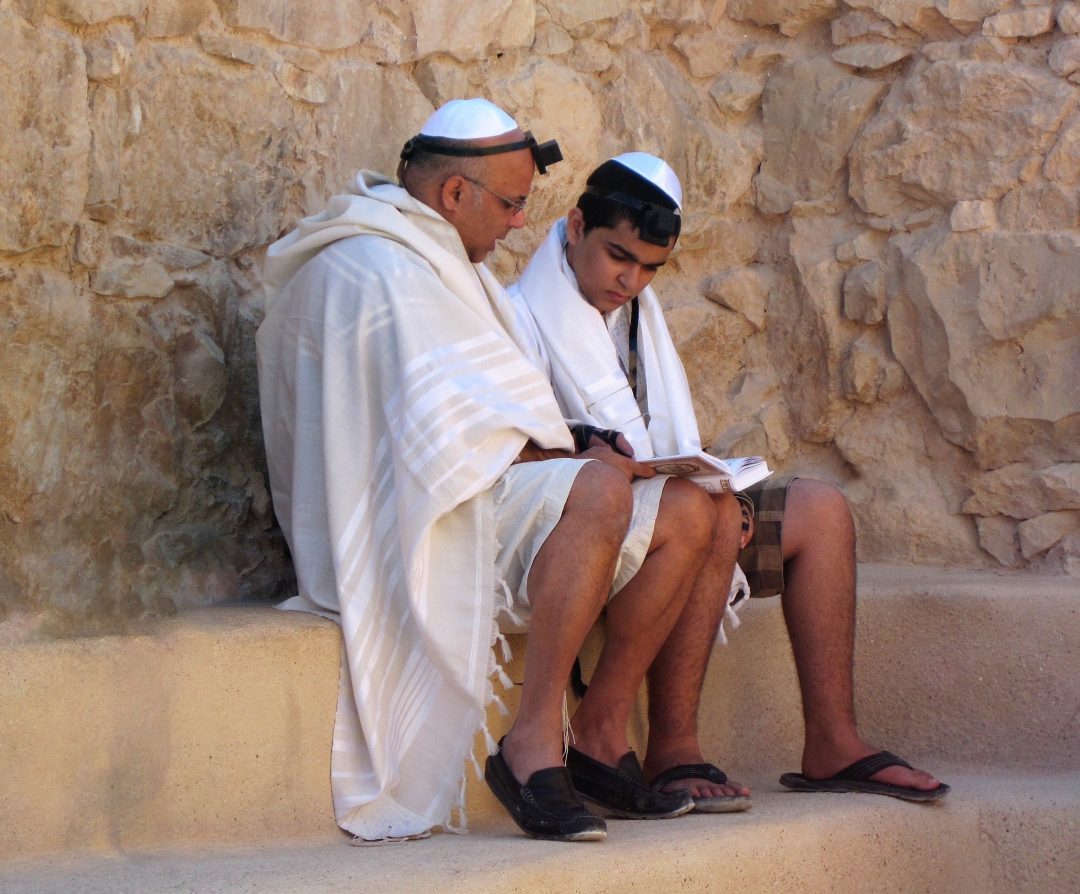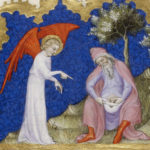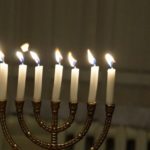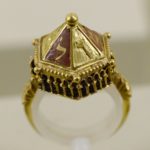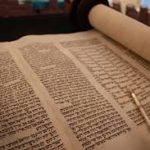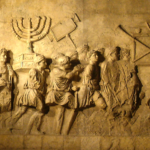Judaism is often misunderstood as a religion. All people born to a Jewish mother are considered Jewish. The central belief is that there is one God, and only one God. Jews don’t worship idols, don’t focus on an afterlife, but rather focus on this life.
The belief in one God, and that God is good, is a central principle in Jewish belief. There is no other dogma.
There is no focus on an afterlife, as the important part of life is focusing on this life, and creating a good life, because it’s good to be good. That does not mean there isn’t a focus on laws, rituals, customs, practices and other traditions, and that is where the diversion occurs among the different branches of Judaism.
 While some have tried to link these customs, traditions, and rituals as belonging to a race, rather than a religion, Judaism is not a race. It is a religion. A person can convert in or out of Judaism, a person can’t convert in, or out of a race.
While some have tried to link these customs, traditions, and rituals as belonging to a race, rather than a religion, Judaism is not a race. It is a religion. A person can convert in or out of Judaism, a person can’t convert in, or out of a race.
Outside of a belief in one God, traditions and practices vary among Jews in contemporary society. Discussing the various branches of worship among Jews in contemporary society becomes complex. At the risk of overstating the simplicity, I will attempt to define the primary branches of Judaism in modern society, recognizing there are others, and at the risk of oversimplification.
The Orthodox Jews
First, there are Orthodox Jews. Like all Jews adhering to the faith, the belief is in one God. Orthodox Jews in purest form believe that God wrote the Torah, not man. The practice of orthodoxy requires strict observance of customs and laws prescribed. While there are exceptions, Orthodox Jews attend orthodox synagogues. Men and Women attend, but they do not drive, they walk. They do not sit together in synagogue, as the belief is that men and women sitting together adds an element of sexuality to the service, and attending synagogue is held as strictly a place of worship. Orthodox requires the observance of the Sabbath, the day of rest which begins at sunset on Friday evening, and ends on sunset Saturday. Orthodox Jews generally observe the dietary laws of Judaism, such as keeping kosher.
The Conservative Jews
Second, are the Conservative Jews. Conservative branches of Judaism will vary according to the congregation. All of the laws of Judaism remain the same, but the degrees of practice vary. Jewish men and women sit together in the synagogue. They may or may not adhere to the dietary laws. They may or may not observe the Sabbath rituals. Congregates will probably drive to the synagogue, not walk.
The Reform Jews
Third, are the Reform Jews. Reform Judaism allows for a lessening of practices. The holidays are usually shorter in duration. The expectations of congregates in practice and observance less than in conservative congregations, and much less than in Orthodox practices. Reform synagogues tolerate more of the changes, that have occurred over the past hundred years, and accommodate the congregates. While it would be expected to keep kosher as an Orthodox Jew, the reform Jew would not be expected to maintain the same strict dietary laws.
The Hasidic Jew
Another sector of Judaism is the Hasidic Jew. These Jews primarily live in New York and dress in garb, that differentiates them, although they have the same core belief. They follow the ancient practices of Judaism and are considered mystical Jews. The Hasidim Jews are extraordinarily strict observers of the customs, laws, and practices of ancient Judaism.
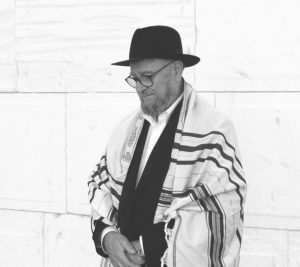
Discussing the various branches of Judaism in contemporary society is a complex undertaking. Two Orthodox, Conservative or Reform rabbis, will answer the question differently, even amongst themselves.

